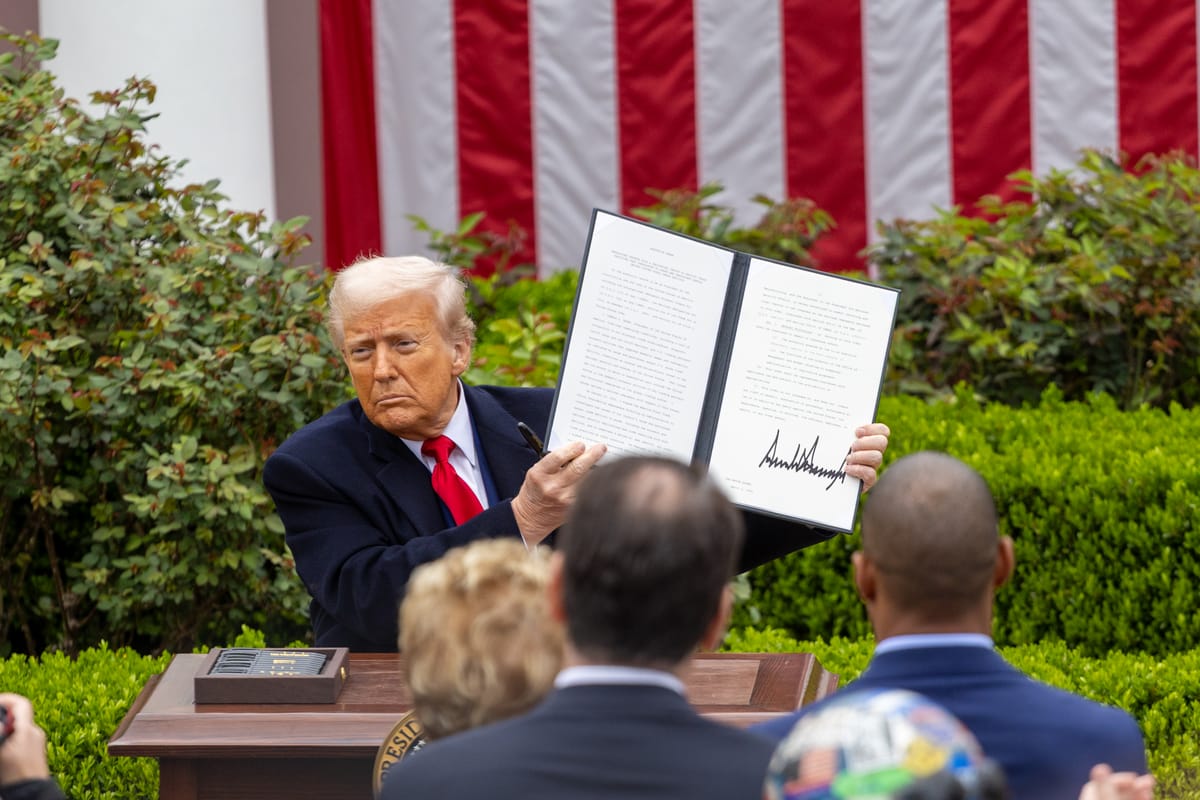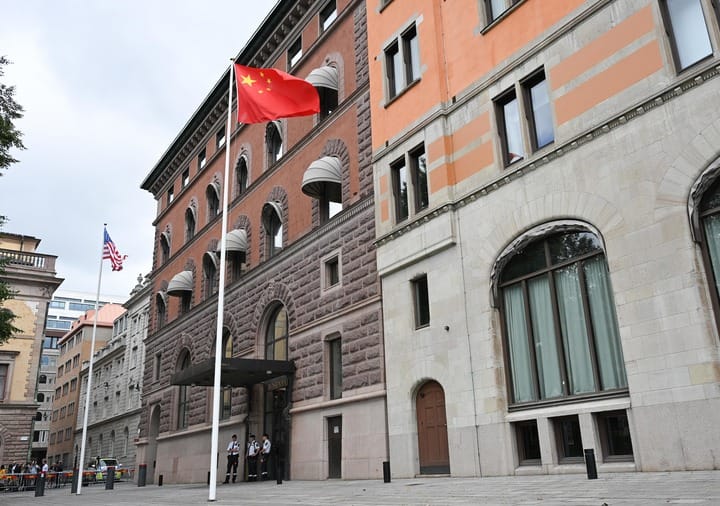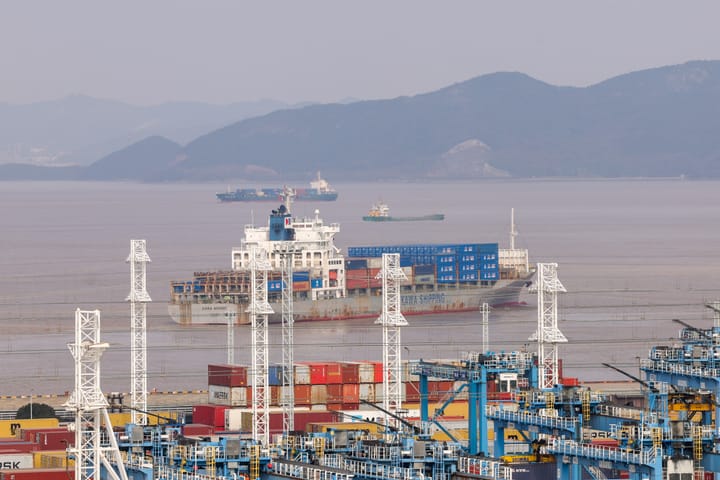Trying to Blackmail China With Tariffs? The U.S. Slams Into a Brick Wall

By Ryan Yeh
In recent days, the U.S. government has indiscriminately wielded tariff measures, imposing "reciprocal tariffs" on its global trading partners, including China. The coercion severely violates China’s legitimate rights, breaches World Trade Organization (WTO) rules, undermines the multilateral trading system, and destabilizes the global economic order. It is an act of unilateralism, protectionism, and economic bullying. In response to the escalating pressure, Beijing has rolled out countermeasures to defend its sovereignty, security, and development interests. Meanwhile, it is working with the international community to push back against U.S. tariff coercion and uphold multilateralism and global economic order.


